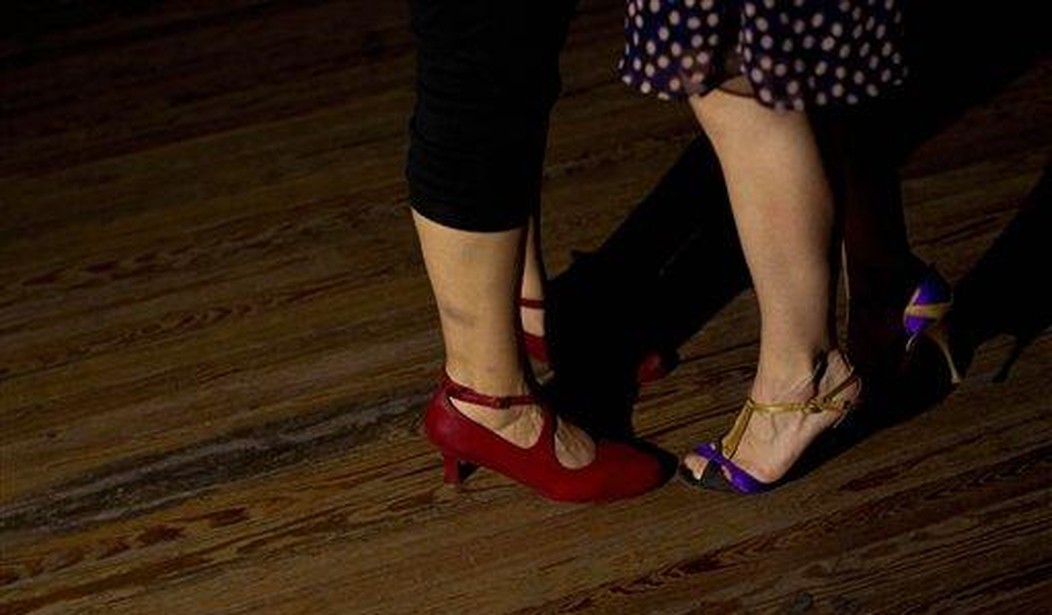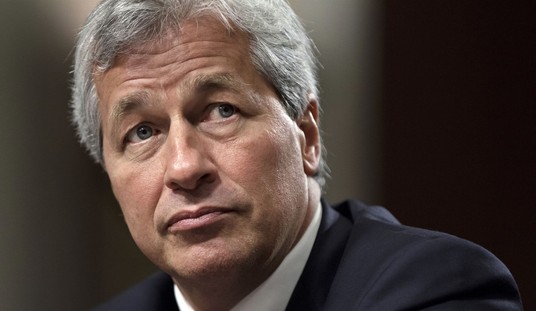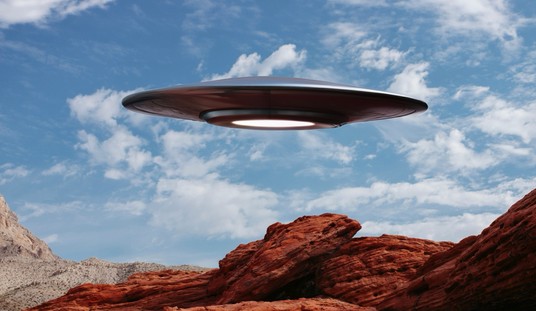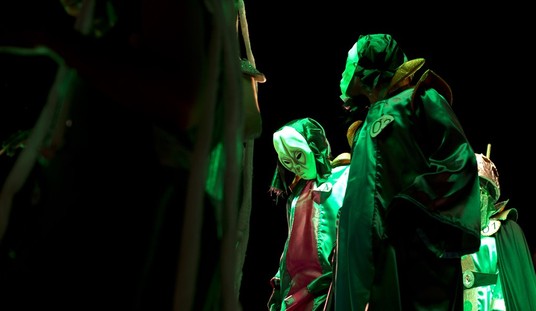As some of you are well aware by now, I'm a fan of the show "Bluey," a children's show that I would argue is more for the family than just children, as it contains references and themes that are entirely relatable to parents while they fly over the heads of children.
Every now and again, I'll come across a post about the show with people making the argument that the little sister in the show, Bingo, should become a lesbian and be with her best friend Leela. Why these people are even thinking about this kind of thing about characters who are children as young as five is disturbing by itself, but this need to make characters queer isn't uncommon.
In fact, it's a plague. I'd like to write it off as the whims and musings of weirdos, but this sickness has actually hit children's shows in recent history. The children's show "Coco Melon," for instance, featured a pair of gay dads effectively encouraging their son to be trans in a musical segment.
(READ: Children's Show 'CoCo Melon' Pushes Trans Agenda on Kids Using Two Gay Dads and Boy in a Tutu)
Anything that becomes relatively popular goes through some sort of pressure to be marked with the LGBT brand. Season 2 of Hulu's "Only Murders In the Building" had Selena Gomez's character suddenly take a turn into lesbianism for little to no reason.
Disney can't make a movie without shoehorning in an LGBT moment despite there being no real need for one. In fact, they won an award from GLAAD for making the most gay content.
Even the show "Fallout," which I just gave a rave review of for being some of the best television you'll probably see this year, had a character that is clearly transgender for no other reason than to check a box, and I mean that literally. It felt so shoved in that I can't help but think it was a requirement from Amazon Studios, which is probably based on the fact that Amazon has "diversity inspectors" that make sure all of its productions have good representation.
Despite "Fallout" including a transgender actor, activists in the LGBT community are still proclaiming that the show isn't queer enough because the lead female character, Lucy MacLean, isn't gay.
Writing at Pride.com, Rachel Shatto writes "War never changes — but the world can:
The question is, will gamers who are familiar with the franchise’s queer history, that Fallout was one of the very first games that allowed for same-sex romances, find as much to be thrilled about?
The answer is yes and no. Textual queerness is only fleetingly on screen and none of the main characters — at least so far — have explored a queer romance.
Would adding a gay romance have added anything to the storyline? No. In fact, if it was added, it would have been a massive distraction from the plot at hand. Thing is, even if showrunner Christopher Nolan had added a queer romance somewhere in the show, it wouldn't have been good enough for these activists and journalists.
It needs to be understood by everyone that when these activists say they want representation, what they really mean is that they want the thing in question to be about their beliefs and outlooks. They want the plot to be about a queer person doing queer things in a world that needs their queerness.
They don't care about the intended audience. They don't care if the writing is good. The only character development that needs to truly happen is whatever makes queerness look more empowering and/or normalizing. Nothing matters but the message. The "modern audience" they say they're trying to influence movies into being for is no one but themselves.
Whether it's a children's show, a gritty crime drama, a comedy movie, a superhero movie, or an action adventure movie, the LGBT message has to be present and an important part of the film. There can be no exceptions. The box has to be checked for good or ill.
If your message has to be fenagled into everyone else's stuff because you can't sell it on its own (see "Bros") then perhaps it doesn't belong in the movie, show, video game, or comic book at all. That's not to say that gay characters can't exist in entertainment. There are plenty of LGBT characters that fit well within their respective films, but they're not written as afterthoughts. They belong in that world. They fit in with the plot naturally.
The show "Schitt's Creek" is a very good example of how a show can have a heavy gay presence and be a highly entertaining and beloved piece of entertainment.
(READ: I Have to Give Props to Schitt's Creek for How They Handled the LGBT Issue)
These people suggest that the world needs to change, but what they mean is that it needs to change enough to make them the focus. This is an entirely selfish venture pushed by activists with no real talent of their own. Like a parasite, they want to infest the work of others, spreading its own message through the host before killing it.
My advice to showrunners, writers, and studio heads?
Ignore them. Let them rage. Trust me, they'll be distracted by the next thing soon enough.














